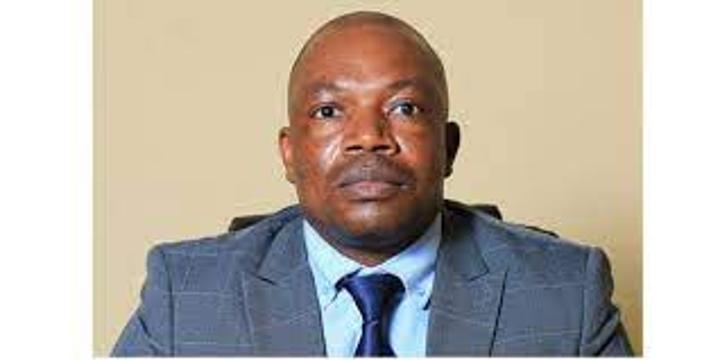Africa-Press – Namibia.
Rundu Rural constituency councillor Paulus Mbangu said the government’s interview process is flawed, and many people with low IQ occupy positions they should not be in.
In his view, there are inherent biases in the interview process that often manifest as white-collar crime. Mbangu made the points last Monday in the National Council, and suggested that job interviews be replaced with a placement system.
He said interviews can often be influenced by unconscious biases related to race, gender, socio-economic status or even educational background.
“Therefore, relying on academic performance or year of completion could create a more standardised and objective way to assess candidates. This could reduce variability in hiring practices, and lead to a more equitable selection process,” he noted.
“The youth are suffering. They travel long distances for interviews, sometimes sleeping at service stations on empty stomachs just to chase dreams promised to someone else. They spend money on copies, transport and accommodation every year, but to no avail,” he added.
Budget
On the same day during the review of Appropriation Bill 6 of 2025, Mbangu concurred with the august House to request the President to intervene and increase the capital budget for rural regions.
Following his criticism of the ‘urban-centric’ budget of the Ministry of Works and Transport early this month, he directed his whip to the Ministry of Finance.
He expressed that the current budget continues to perpetuate an urban-biased development model.
He told the Council that the allocations within the current budget appear to be grounded more in historical budgeting practices than in a nuanced understanding of the needs of the communities.
“For instance, we see that the highest development budget is allocated to Khomas, followed closely by Erongo. In stark contrast, regions like Kavango East, Omusati, Ohangwena and Kavango West find themselves with the lowest allocations. This imbalance is not just a statistic, it is a reflection of the uneven opportunities available to our citizens,” he asserted.
While it is essential to recognise the developmental needs of the capital, pressing challenges faced by rural regions cannot be ignored, he said.
True progress cannot be achieved when communities are left behind.
“They, too, deserve our attention and investment,” he noted.
For More News And Analysis About Namibia Follow Africa-Press






